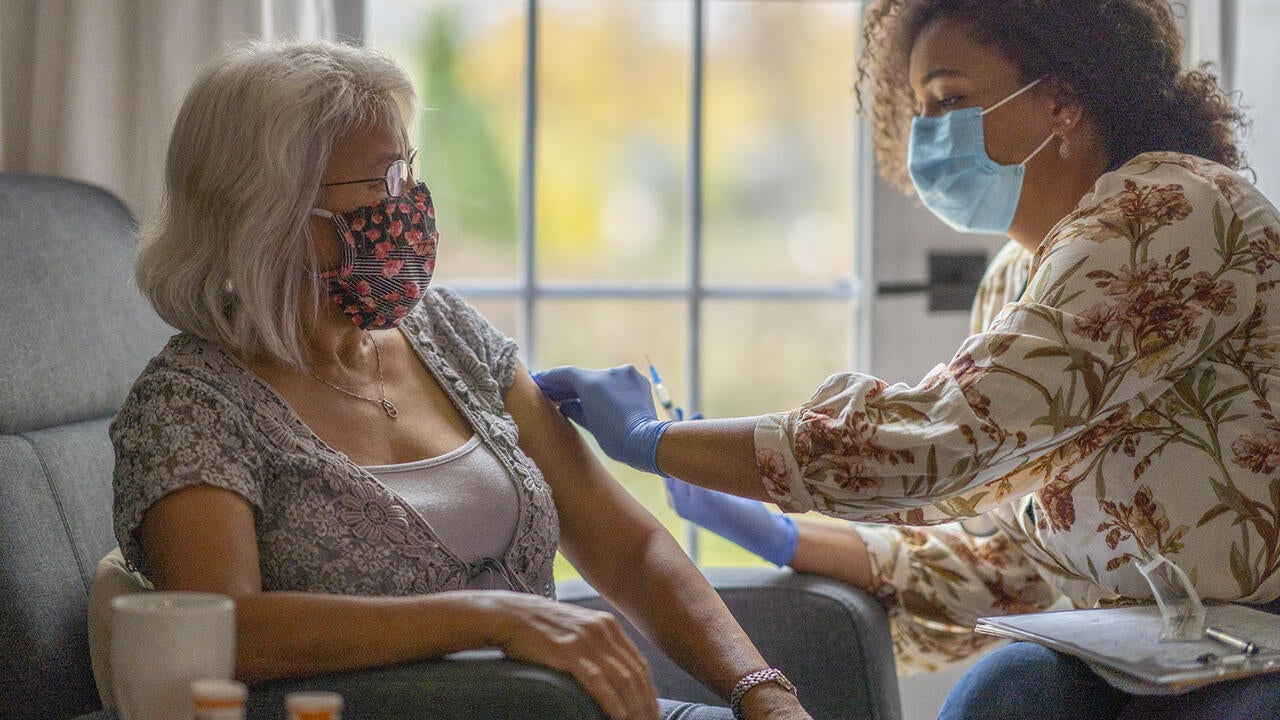
Q and A with the experts: One year of COVID-19 in Canada
One year ago today, the first case of COVID-19 was confirmed in Canada.

One year ago today, the first case of COVID-19 was confirmed in Canada.
By Media RelationsWe asked public health expert Professor Zahid Butt to take us through what we’ve learned about COVID-19 in the year that has passed, and what we still need to learn to beat the virus.
What do we know now about COVID-19 that we didn’t know one year ago?
A few things: the first is that COVID-19 affects all segments of the society and all ages, although the severity of the disease is worse in the elderly and less in children. It also affects marginalized and racialized populations disproportionately, which may be the result of socio-economic disparities and the fact that most of these vulnerable populations work in jobs that make them more likely to contract the virus.
Second, we know that there could be several variants of the virus, some of which are more transmissible from person to person than others. Third, mounting scientific evidence suggests that the SARS-Cov-2 virus does have airborne transmission via aerosols.
Finally, we cannot take a chance with this virus; if it finds any space to transmit from person to person, it will infect and spread very rapidly between populations, so we have to be vigilant and follow public health guidelines strictly.
What do we still need to learn about the virus?
The burning issue now is whether the available vaccines will protect against all the variants of the virus. Another factor is how long is the acquired immunity against the virus; current research puts it around five to seven months, but we are still not sure. An ongoing debate is whether a person can pass the virus to another person after getting vaccinated. There is currently no answer to this question. We also need to learn why some people experience prolonged symptoms of COVID-19, also known as “Long COVID.” Another gap in our knowledge is whether there is a seasonal variation to COVID-19.
Where do you think we will be in terms of controlling the virus one year from now, both in Canada and globally?
There is no clear answer to this. For Canada, it would depend on how fast and how much of the population is vaccinated during the year 2021. Also, it would depend on how strictly people follow public-health guidelines and the type, severity, and duration of restrictions put in place by public health authorities. Furthermore, muti-sectoral and multi-pronged strategies are required to tackle this virus, including economic, social and political support from both the private and public sector.
Globally, a massive coordinated public health effort is required, which would include coordination and resource sharing, including technical, human, and logistical support such as vaccine supply and distribution between developed and developing countries. This would require governments, national and international public health agencies, and donor agencies to work together to achieve the goal of controlling the virus.

Read more
The Government of Canada announces funding to support research in food policies and medical devices

Read more
Researchers developed a process to reduce the amount of energy needed to run data centres

Read more
Here are the people and events behind some of this year’s most compelling Waterloo stories
The University of Waterloo acknowledges that much of our work takes place on the traditional territory of the Neutral, Anishinaabeg, and Haudenosaunee peoples. Our main campus is situated on the Haldimand Tract, the land granted to the Six Nations that includes six miles on each side of the Grand River. Our active work toward reconciliation takes place across our campuses through research, learning, teaching, and community building, and is co-ordinated within the Office of Indigenous Relations.